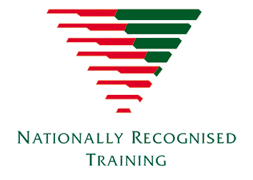- Home
- About
- Course
- GENERAL ENGLISH (ELICOS)
- CERTIFICATE III IN EARLY CHILDHOOD EDUCATION AND CARE
- DIPLOMA OF EARLY CHILDHOOD EDUCATION AND CARE
- CERTIFICATE IV IN AGEING SUPPORT
- Diploma of Community Services
- DIPLOMA OF CIVIL CONSTRUCTION DESIGN
- ADVANCED DIPLOMA OF CIVIL CONSTRUCTION DESIGN
- PACKAGED COURSE – CIVIL CONSTRUCTION DESIGN
- DIPLOMA OF LEADERSHIP AND MANAGEMENT
- ADVANCED DIPLOMA OF LEADERSHIP AND MANAGEMENT
- GRADUATE DIPLOMA OF MANAGEMENT (LEARNING)
- CERTIFICATE III IN WALL AND CEILING LINING
- CERTIFICATE III IN SOLID PLASTERING
- CERTIFICATE IV IN BUILDING AND CONSTRUCTION
- Students
- Agents
- Download
- Contact
- APPLY NOW
- ENQUIRE NOW
Certificate III in Early Childhood Education and Care
APPLY NOW
Certificate III in Early Childhood Education and Care – Melbourne
CHC30121 – Certificate III in Early Childhood Education and Care
Course CRICOS Code: 114143D
Course Overview
Description
This qualification reflects the role of educators in early childhood education and care who work in regulated children’s education and care services in Australia. They support children’s wellbeing, and development in the context of an approved learning framework. Educators use a range of well-developed skills and knowledge using discretion and judgment when carrying out their work in the context of established policies and procedures. They may work independently or under the guidance of others, though in some contexts that guidance may not be on-site.
Early childhood educators work in long day care centres, family day care, pre-schools or kindergartens.
Delivery Mode
This course will be delivered as Classroom based face to face training.
The students will need to complete practical placement of at least 160 hours in a regulated children’s education and care service in Australia.
Delivery Location
Level 10, 474 Flinders St, Melbourne VIC 3000
Course Duration
This course will be delivered over 54 weeks as following:
Classroom Delivery: 37 Weeks
Practical Placement: 8 Weeks
Holidays: 9 Weeks







